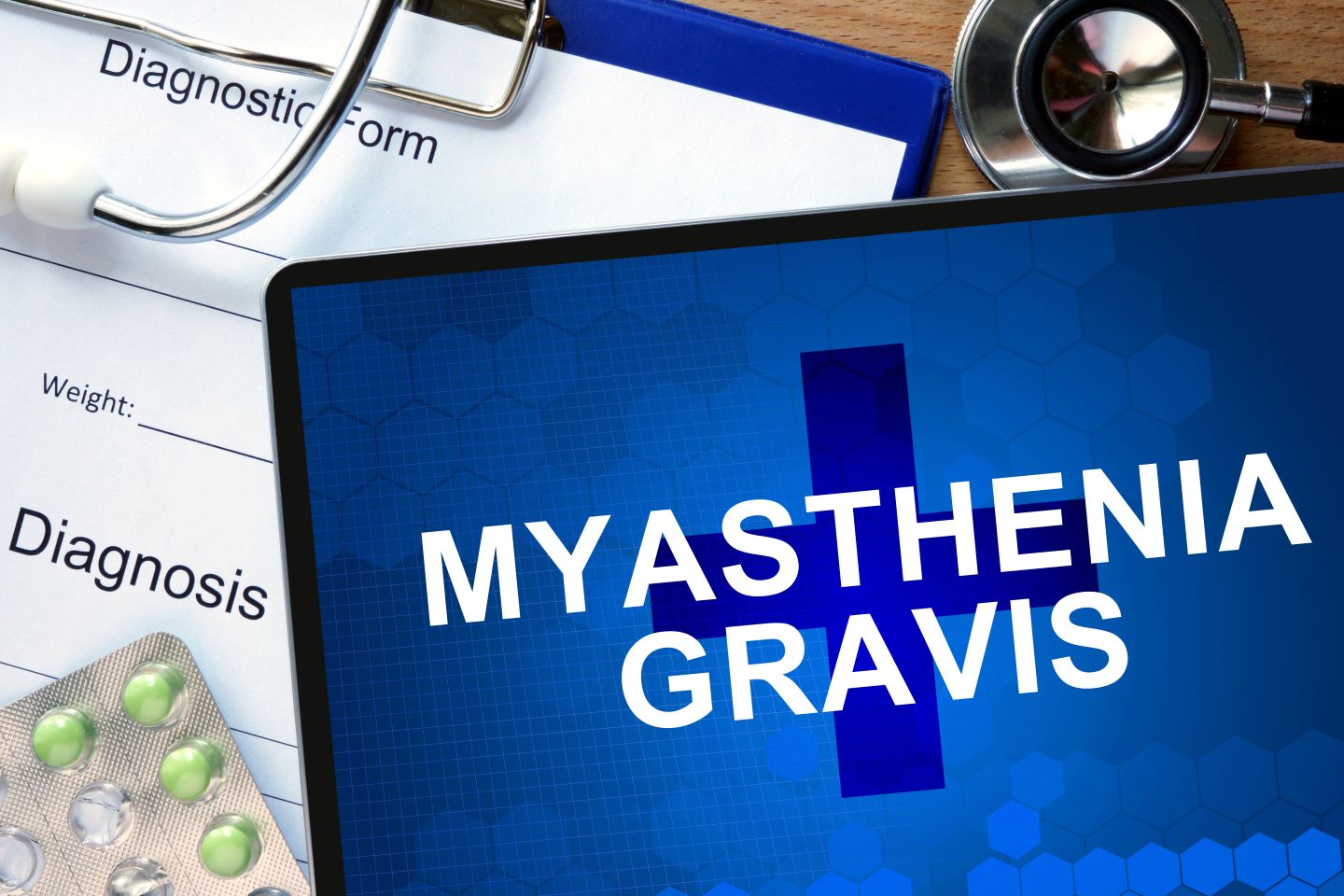On 20 June 2023, the FDA approved Argenx’s biologics licence application (BLA) for a subcutaneous formulation of efgartigimod alfa, branded as Vyvgart Hytrulo, for use in myasthenia gravis (MG). Efgartigimod alfa is a neonatal Fc receptor (FcRn) blocker that helps prevent immunoglobin G (IgG) recycling, thus reducing the quantity of circulating IgG, including autoantibodies implicated in MG pathology.
The agency’s approval comes after a long period of uncertainty, as the FDA extended the review of the original application in January 2023, pushing the PDUFA date forward by three months from 20 March to 20 June. The extension to the application came after the agency’s initial assessment deemed the submission a major amendment, which needed additional time for review.
The intravenous (IV) form of Vyvgart has been marketed for MG since 2021 in the US and in 2022 in Europe and Japan. Vyvgart Hytrulo targets the same population as the IV version: patients diagnosed with antibodies against the acetylcholine receptor (AChR+) generalised MG. This means that not only was IV Vyvgart the first FcRn blocker to be marketed for use in MG patients, but now it is also the first disease-modifying therapy to be available for subcutaneous administration for these patients.
The approval of Vyvgart Hytrulo comes after a successful Phase III clinical trial, ADAPT-SC (NCT04818671), in which Vyvgart Hytrulo demonstrated a total IgG reduction of 66.4% from baseline, compared to the 62.2% for the IV Vyvgart, and a comparable safety profile. All the other secondary endpoints were also met during the trial.
Since 2022, Vyvgart has been in direct competition with AstraZeneca’s Ultomiris, a next-generation IV C5 complement inhibitor, as both agents exhibit strong efficacy profiles. While IV Ultomiris has a more convenient dosing regimen than IV Vyvgart (Ultomiris is administered every eight weeks while Vyvgart is administered once per week for four weeks and then based on the patient’s clinical response), Vyvgart exhibits a better safety profile, as Ultomiris comes with a boxed warning for serious meningococcal infections. The approval of a subcutaneous formulation of Vyvgart has the potential to significantly skyrocket the drug ahead of its competition by making the treatment more convenient for patients. However, Vyvgart may not always have this advantage. Ultomiris has been approved for subcutaneous use in paroxysmal nocturnal haemoglobinuria and atypical haemolytic uremic syndrome, therefore it can be expected that AstraZeneca will also seek approval in the MG indication.
Key opinion leaders (KOLs) previously interviewed by GlobalData expressed their discontent regarding the limited administration routes available for patients with MG; most of the agents administered to patients with refractory generalised MG are intravenous and need to be administered at rigorous time intervals. This can cause significant disruption to patients’ lives, as most of the agents approved for the treatment of MG require regular and frequent administration. The approval of Vyvgart Hytrulo is therefore a significant event for patients diagnosed with generalised MG, tackling a major unmet need in the disease space.

US Tariffs are shifting - will you react or anticipate?
Don’t let policy changes catch you off guard. Stay proactive with real-time data and expert analysis.
By GlobalDataIn regard to the pricing, Argenx indicated that Vyvgart Hytrulo will be in line with the pricing of IV Vyvgart, which is currently priced at around $225,000 per year on the US market. In comparison, Ultomiris is priced at around $458,000 per year. The lower price of Vyvgart in comparison to its competition is an advantage for Argenx, making it more likely that insurance providers will reimburse the cost. A decision on the marketing authorisation for the use of Vyvgart Hytrulo in the European market is expected by the end of 2023 and in Japan in Q1 2024.






